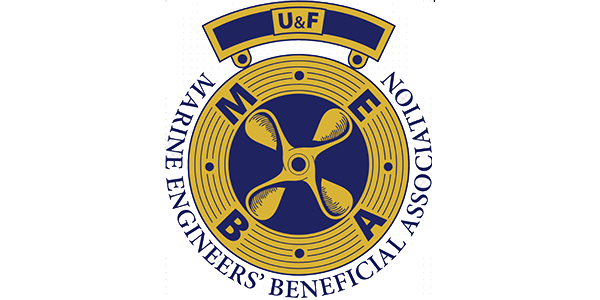||| FROM KRISTIN HYDE for MARINE ENGINEERS BENEFICIAL ASSOCIATION |||
America’s largest transportation labor federation, the Transportation Trades Department of the AFL-CIO (TTD), has named the need for competitive wages and full collective bargaining rights to resolve the Washington State Ferry crisis one of its six top national priorities. In a joint statement outlining policy goals for the next Congress and the incoming Trump Administration, the TTD urges Washington state officials to address the workforce issues driving unreliable ferry service. This was the only state level policy priority listed by this group of leading transportation trade unions.
Roland Rexha, Secretary Treasurer of the Marine Engineers Beneficial Association (M.E.B.A): “We appreciate the support of the federation of Transportation Trades in calling on Washington state to fix our ferries by making overdue and needed investment in competitive wages for WSF engine room crew who are essential to operating, maintaining and repairing ferries. The lack of highly trained, essential engine room crew to run ferries each day is the number one reason for canceled ferry sailings, and low pay is the number one reason why the ferries are short staffed. Investing in competitive wages will help address the worsening engine room workforce shortage and restore reliable, on-time, service to passengers. It’s up to state legislators and Governor-elect Ferguson to right this ship. ”
More than 400 of Washington State Ferries’ employees are engine room crew, represented by their union, the Marine Engineers Beneficial Association. Union leaders and crew members say the state’s refusal to address the widening pay gap with their deck counterparts, an over-reliance on overtime, and the lack of investment in competitive wages needed to retain and recruit experienced staff is pushing the system further into crisis.
Eric Winge, Washington State Ferries representative for M.E.B.A said: “Our crew members are at the breaking point. The state has no problem asking engine room crew to work 100 hours of overtime per month while they refuse to address the root cause of a dwindling workforce – uncompetitive pay. The widening gap between pay for our highly trained engineers and their above deck counterparts is insulting and demoralizing. Nearly half our senior crew is up for retirement in 2027. If the state can’t adequately staff the limited number of ferries operating today, how will they do it in three years, or ten when we have a handful of new highly technical electric ferries that will depend even more heavily on experienced engineers?”
Washington State Ferries is the largest passenger ferry system in America, a critical link in the Washington state transportation system. With aging and insufficient number of vessels, and a fleet in constant need of repair from lack of investment in maintenance, a worsening engine room workforce shortage, ferry service has become unreliable. In 2023, there were more than 3,500 canceled sailings and service disruptions continue, threatening the health and livelihoods of people and businesses in ferry dependent communities.
**If you are reading theOrcasonian for free, thank your fellow islanders. If you would like to support theOrcasonian CLICK HERE to set your modestly-priced, voluntary subscription. Otherwise, no worries; we’re happy to share with you.**








